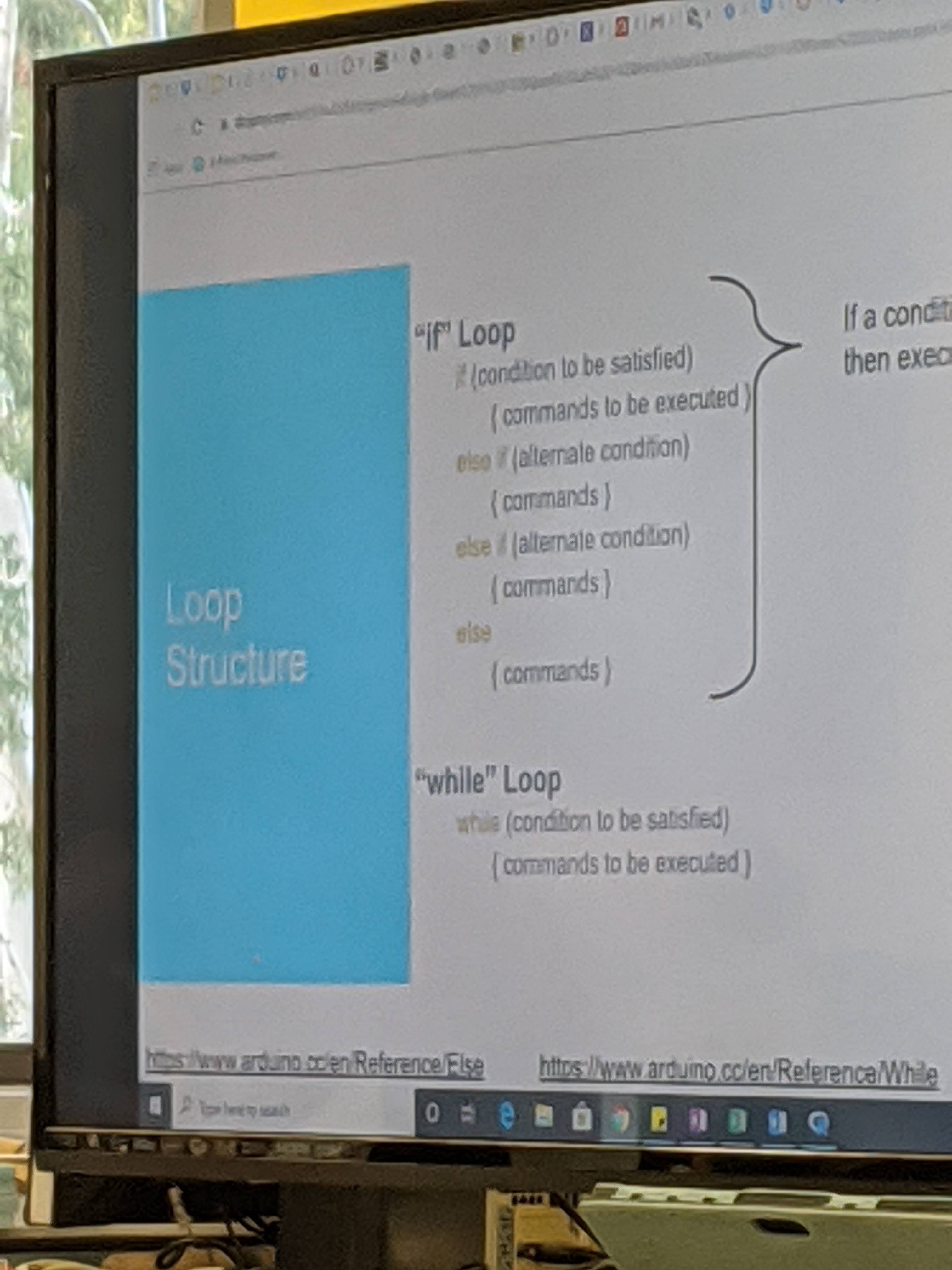

The article highlights on device AI processing. Could be game changing in a lot of ways.


The article highlights on device AI processing. Could be game changing in a lot of ways.


The simplest answer is no. Making fun of someone because of neurodivergence is the action of a bully, not someone who is nervous and unsure of how to express their attraction.
I’m not in your shoes, and I only have a limited view into the situation. As an outside observer, I would recommend at the very least establishing boundaries against screaming and belittling your neurodivergence (i.e. Saying plainly that behavior is not OK), or cutting off all contact entirely if possible.
Things will likely only further degrade otherwise, and his behavior will only continue to be hurtful and manipulative.


It sounds like Karl still has a lot of internal struggles and identity issues. I would recommend not getting too close to him until he can work through those things, especially in light of what it sounds like is rather poor treatment towards you.
You deserve someone who unambiguously cares for you and treats you well. He likely doesn’t even know how he feels about you, but because he is comfortable with you, feels like he can safely use you as his punching bag while he works through his internal emotions.
If he’s able to put in the work and overcome his struggles, he won’t make you feel like garbage and it will be infinitely easier to ask if he has romantic feelings towards you. If he continues to act like a jerk, or flip flop between friendly and hostile, there are far too many people in this world that are more worthy of your time and energy.


Ah, I believe that would be  from a college course.
from a college course.


Statements that start with # in C/C++ are known as preprocessor directives, that is, they are executed before compilation begins. OP has used a which will replace any instance of A (IF(x)) with B (while (x)) in the code.
So the IF statement is really just a while statement.
For those, like me, who wondered how much data was written in 400 picoseconds, the answer is a single bit.
If I’m doing the math correctly, that’s write speeds in the 10s-100s GBps range.